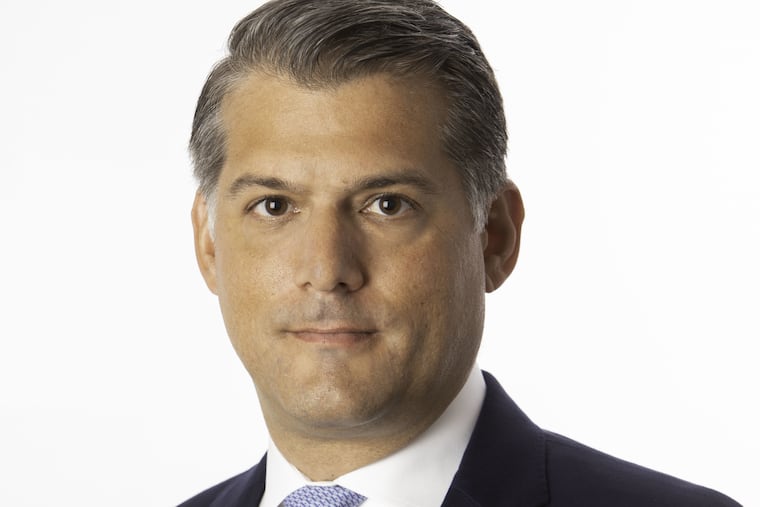SEC spars with court-appointed receiver as judge seeks speedy payout to Par investors
"The investors are not going to be made whole," SEC lawyer Amie Riggle Berlin told Judge Rodolfo Ruiz, lawyers, and investors watching from afar

It’s been nearly four years since a federal judge granted the Securities & Exchange Commission’s request to put the fraudulent Philadelphia loan company Par Funding into receivership under a former SEC lawyer.
Now, the senior SEC attorney who brought the case to court is at odds with that receiver over how to divide $150 million seized from Par owners among 1,700 investors who filed to get their money back.
“The way claims were calculated was incorrect,” SEC senior trial counsel Amie Riggle Berlin said Monday at a lawyers’ conference called by federal judge Rodolfo Ruiz to review progress toward repaying investors.
The receiver, Ryan Stumphauzer, has detailed nearly $150 million already available to repay the $250 million investors are owed, using cash, Philadelphia properties, and other assets seized from founder Joseph LaForte and other ex-Par officials.
There also are proposals that could raise tens of millions more — though Berlin warned against investors’ expecting to get all their money back: “The investors are not going to be made whole,” she said.
Last year, the receiver’s office reviewed claims and began sending investors estimates of amounts they should anticipate in repayment, if enough assets could be found to pay them.
But, according to Berlin, Stumphauzer’s office erred in discounting the interest that Par paid some of its investors more than a year before the SEC seized the company from the amounts they are owed.
Opposing approaches
Because Par sold long-term investors new notes every year to replace their earlier investments, Berlin contends that investor profits from previous investment years shouldn’t affect their losses or repayments since the company stopped payments and went into receivership in 2020.
By throwing out the receiver’s approach and doing things her way, Berlin said, “investors would all be getting significantly more under our calculation.”
However, Ruiz, who sits in the Southern District of Florida, pointed out that Berlin’s approach would not make additional money available — rather it would have the effect of reducing recoveries for recent investors while boosting payback to investors who had profited the most from Par since it began raising funds to lend to small businesses with bad credit in 2012.
Asked whether the SEC would be able to take over distribution of Par funds directly, freeing the receiver to pursue additional assets for possible future payment to investors, Berlin said she did not know but would find out.
Stumphauzer maintains that discounting for prior year investments is a familiar practice and not the outlier formula that Berlin depicted.
Ruiz told the SEC and the receiver to send him reports detailing their differing approaches by March 11 so he can review them and progress toward a decision.
The judge wants to see a first distribution proposal drafted before the end of March so investors, many of them elderly, can regain the use of some of their funds that have been effectively frozen since Par stopped most payments in March 2020.
Agreed not to contest
LaForte and other former Par officials have agreed not to contest the SEC’s accusations that they lied about LaForte’s criminal record, investment insurance, and other key facts and also failed to register the investments, which would have required fuller disclosure of investors’ true risk.
But LaForte and his wife, Lisa McElhone, have continued to contest the amount the SEC expects them to pay — nearly $200 million, including assets already seized from the couple, plus additional cash.
LaForte, McElhone, former Par chief financial officer Joseph Cole Barleta, and LaForte’s brother, James, also face criminal charges in federal court in Philadelphia.